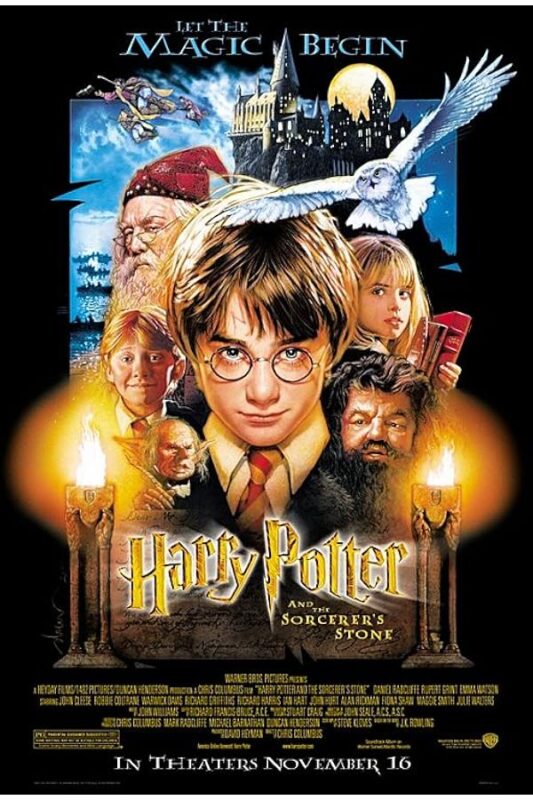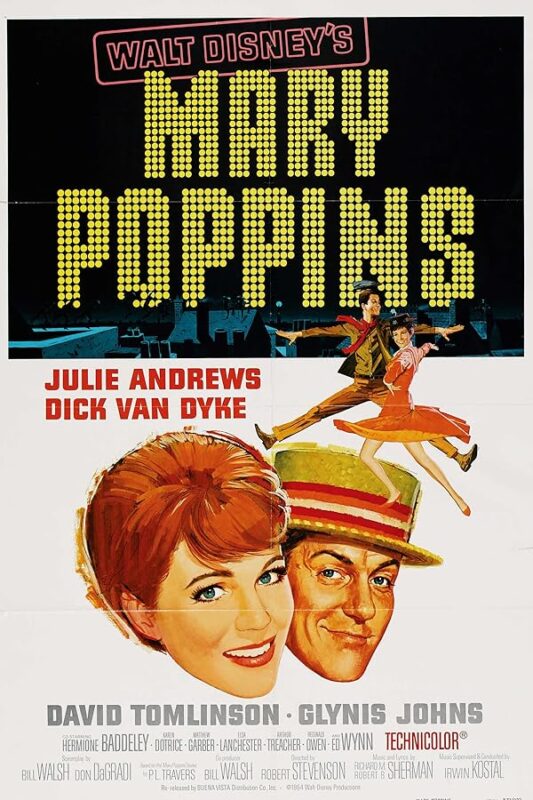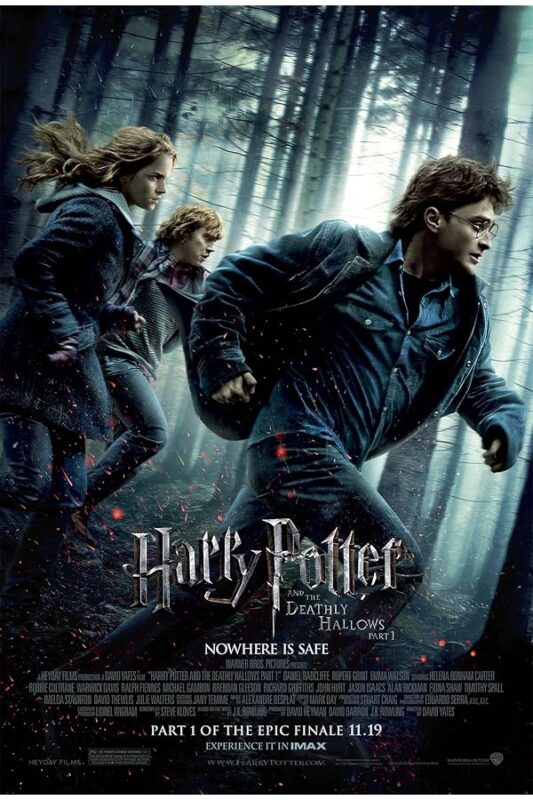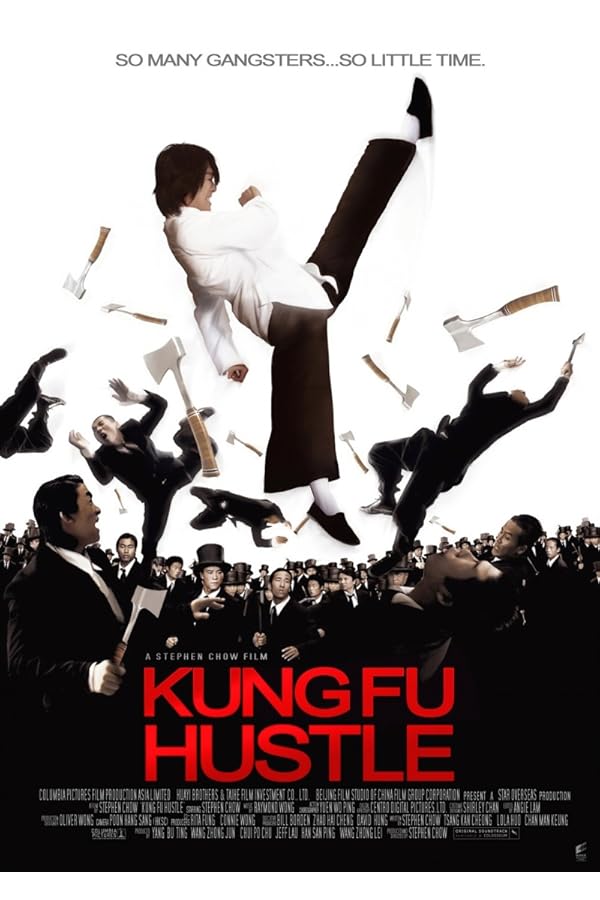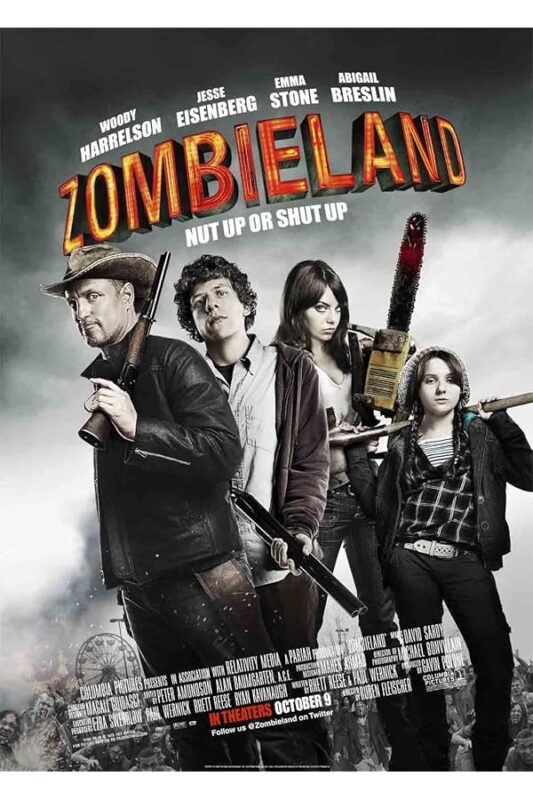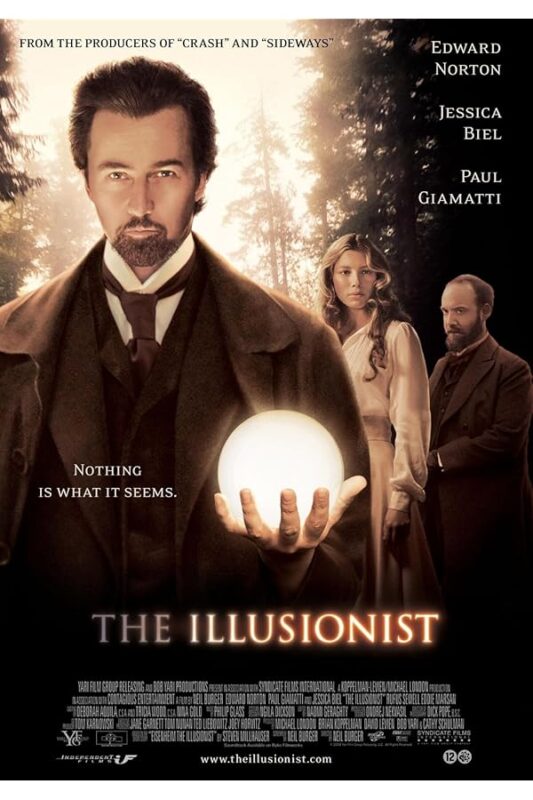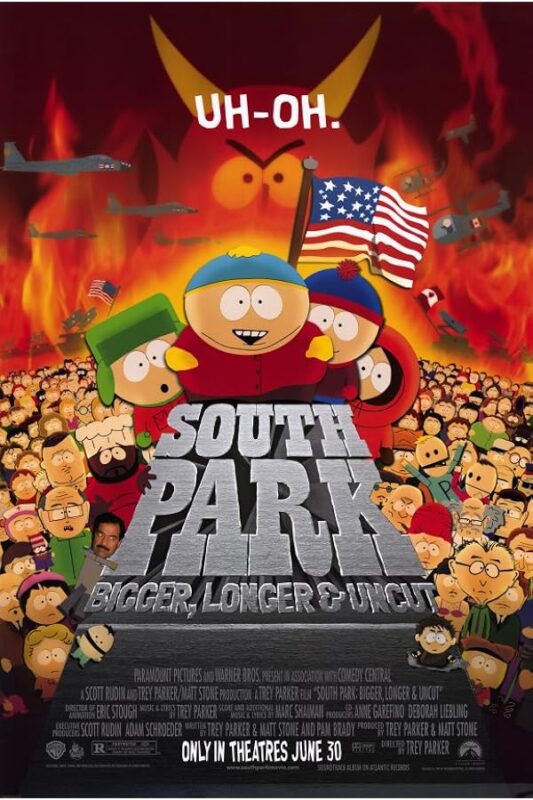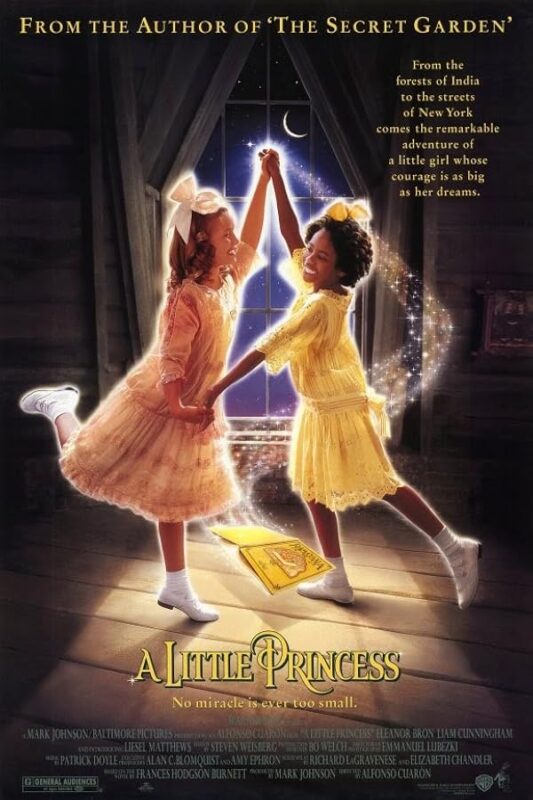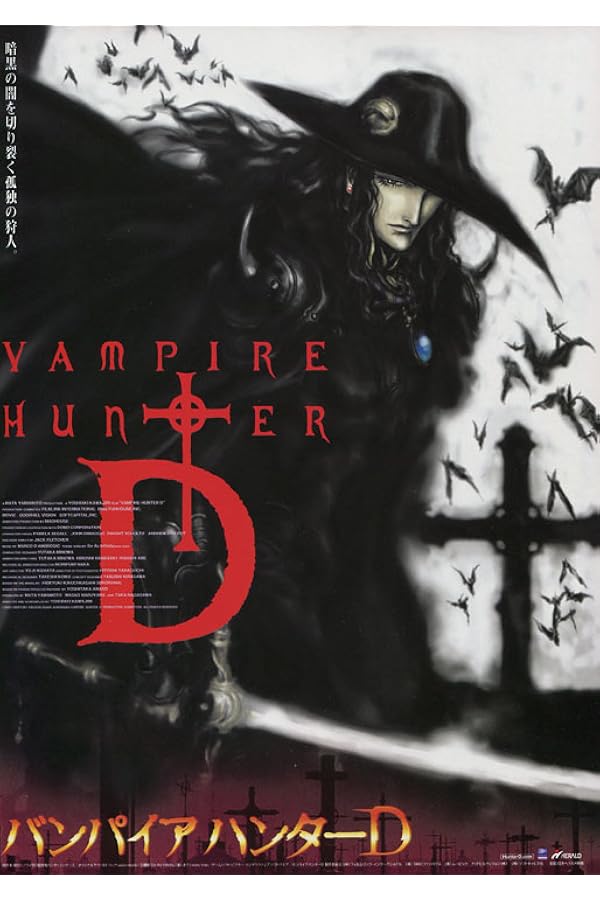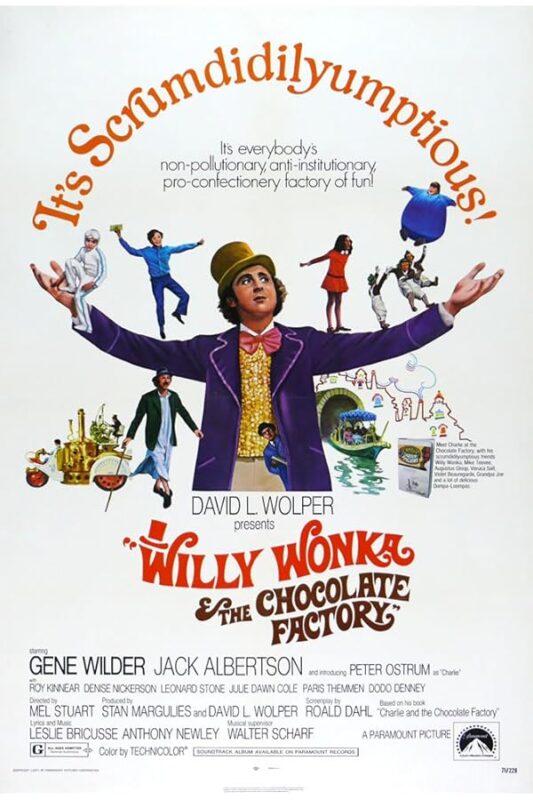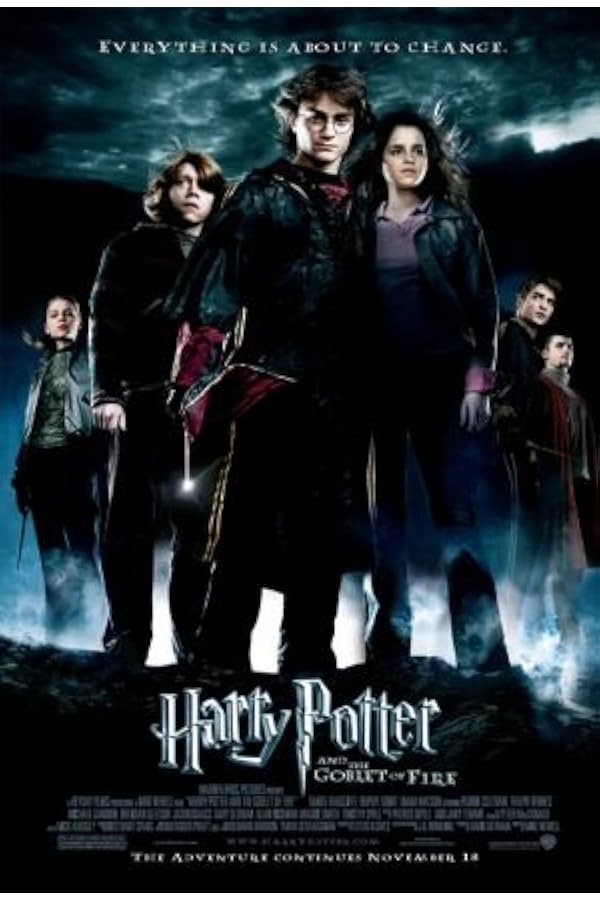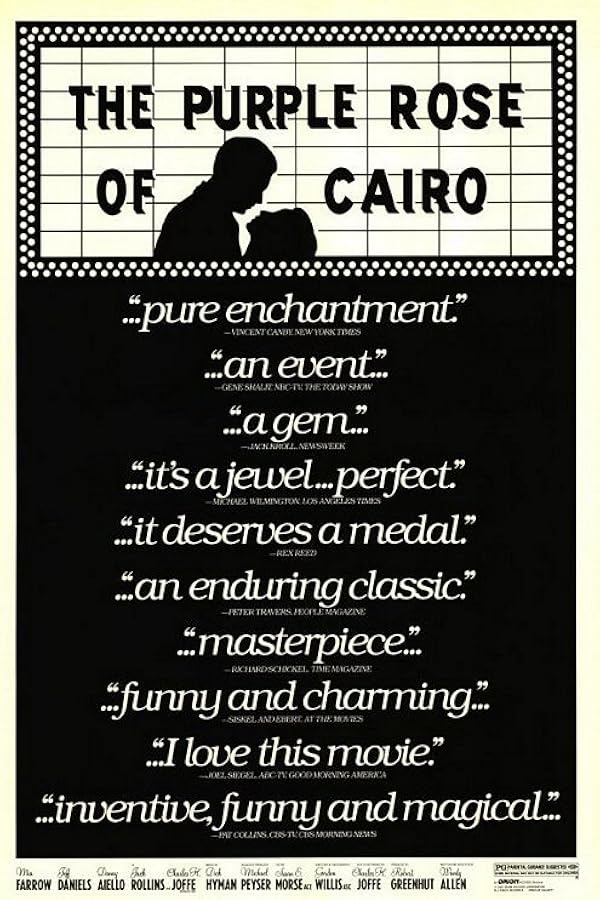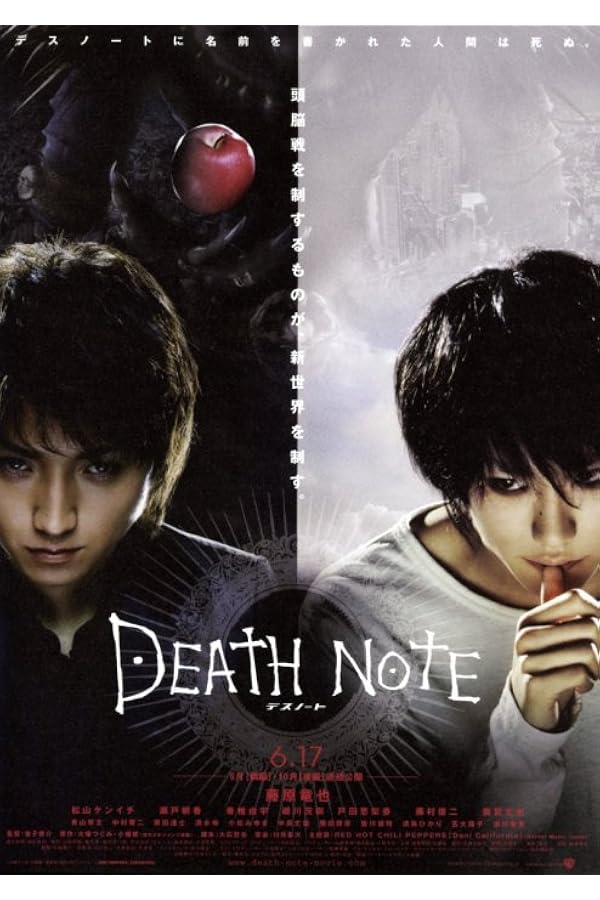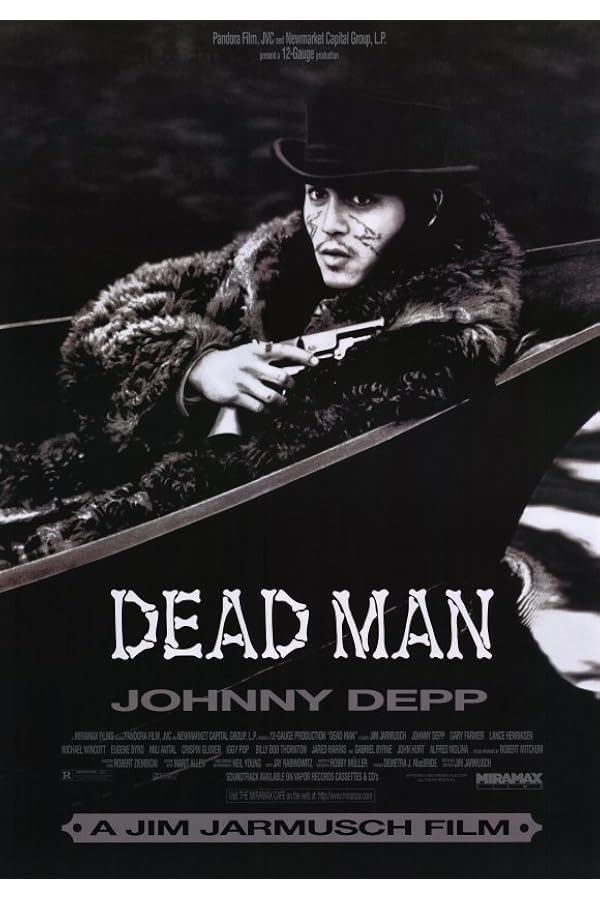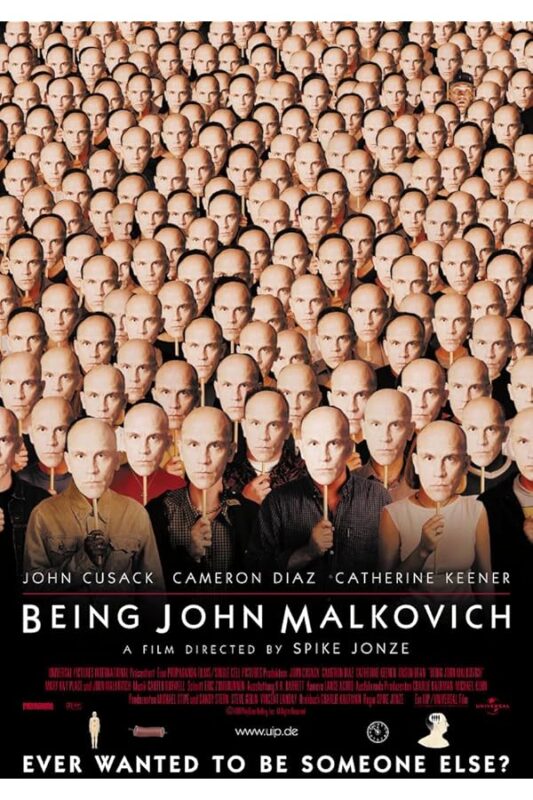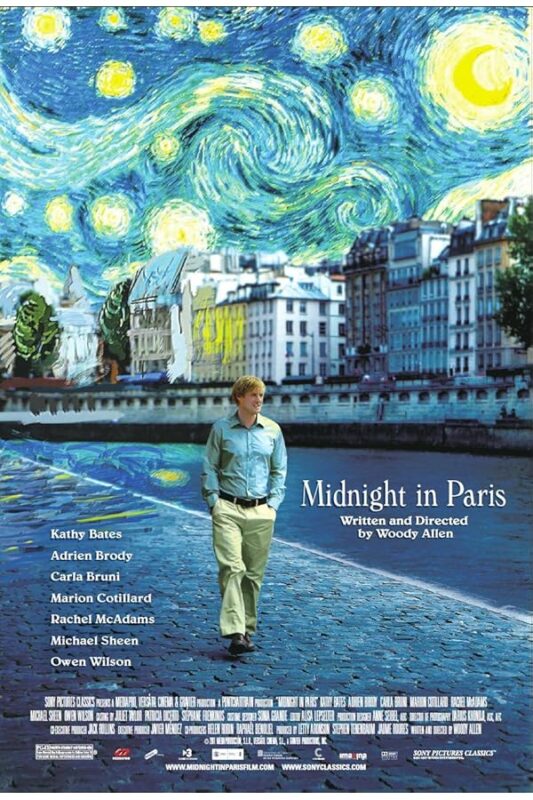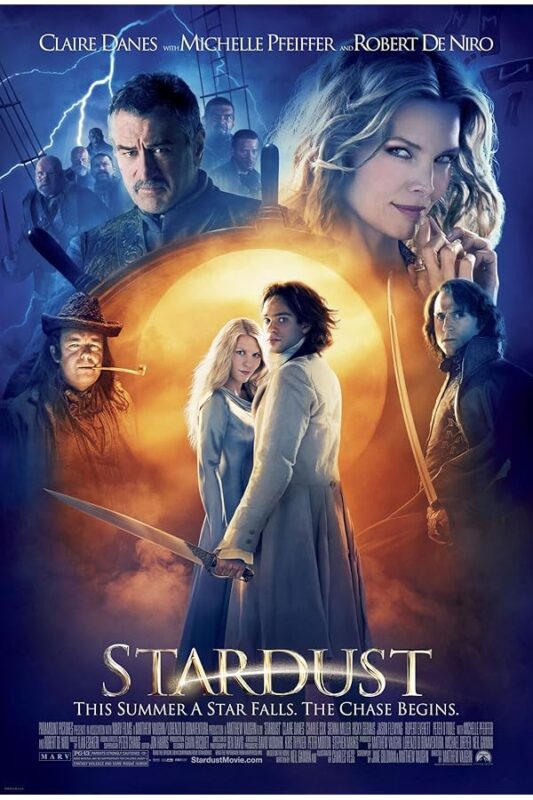Content Warnings
Overall Severity: 🔴 70/100
Total warning time: 1m 40s
Sex/Nudity: 🟢 10/100 (15s)
- 🟢 10/100 Brief scene with a woman in a nightgown, implied vulnerability but no nudity.
Drug Use: 🟢 0/100 (0s)
Violence: 🔴 80/100 (1m 25s)
- 🟡 40/100 Nosferatu's shadow creeping up stairs, creating a sense of dread.
- 🔴 70/100 Nosferatu biting a victim's neck, implied blood but not graphic.
- 🟡 60/100 A character dies from fear, shown with dramatic expression.
- 🔴 80/100 Nosferatu's death scene, dissolving in sunlight with eerie effects.
Strong Language: 🟢 0/100 (0s)
Who directed the 1922 silent horror film Nosferatu?
Nosferatu was directed by F.W. Murnau.
Who played the role of Count Orlok in Nosferatu (1922)?
Max Schreck portrayed the iconic role of Count Orlok in Nosferatu.
Is Nosferatu (1922) an adaptation of Bram Stoker's Dracula?
Yes, Nosferatu is an unauthorized adaptation of Bram Stoker's Dracula, with names and some plot details altered to avoid copyright issues.
What is the significance of Nosferatu in the history of horror cinema?
Nosferatu is considered one of the earliest and most influential horror films, pioneering the vampire genre and German Expressionist cinema.
Did Nosferatu (1922) face legal challenges?
Yes, Bram Stoker's estate sued over the unauthorized adaptation, and a court ruling ordered all copies of the film to be destroyed, though some prints survived.


